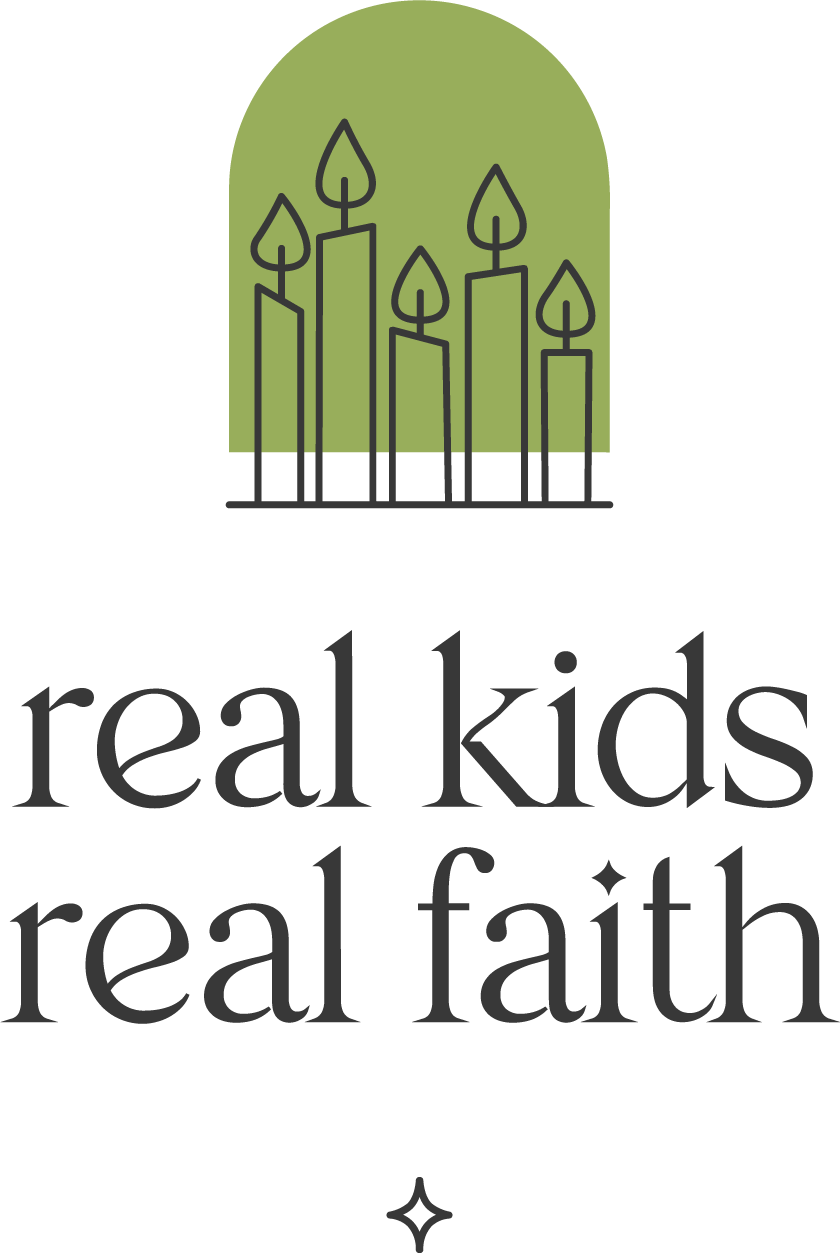This year (2025), the U.S. presidential inauguration and Martin Luther King, Jr. Day both fall on Monday, January 20. Since both days focus on dreams about society, it’s a rare opportunity to help children explore their hopes and expectations of elected leaders. Such reflection invites them to see themselves as active agents in building a social community where everyone flourishes, just as King dreamed.
A simple first step is to read a book about King’s activism or search online for information together. The King Center publishes a picture book biography, Martin’s Big Words, that includes famous quotations from his speeches. Be a King explicitly names ways that children can imitate King’s social concern and activism. The Stanford King Institute has a ‘King for Kids’ web page with links to documents and recordings, as well as fun facts about King’s life.
As you read or explore a website, ask children questions that invite deeper reflection on King’s beliefs and actions. For example: What did Martin Luther King, Jr. believe was important for everyone to have a good life? How did he think leaders could build better communities? What did he do when he believed leaders were making policies that hurt people instead of helping them?
Then encourage kids to share their own observations about social issues that need attention in their communities. Wonder together about people asking for help to buy food or find shelter. Make a list of common problems in the community, such as a lack of green space, few grocery stores, abandoned buildings, or mistreatment on the basis of race, class, nationality, or gender. Take each issue they identify seriously, asking: How do you see this problem negatively affecting our community?
The next step is to work together to identify ways that community leaders can address community needs. Invite children to imagine scenarios in which elected officials step forward to help make a difference. Take turns acting out their ideas so they can see and feel how change happens. For instance, if they are concerned about unfair traffic stops, you might act out a police chief announcing a new, fairer, policy and officers having more positive interactions with drivers. Or if they might imagine and act out a new mayor addressing their community’s lack of green space by participating in a groundbreaking ceremony for a new park.
Finally, suggest that holding public officials accountable is everyone’s job, even kids. Much of King’s life was dedicated to calling out community leaders when they refused to show care and compassion for all. Create a list of different kinds of actions that King took to challenge poor leadership (e.g., gave speeches, marched with others, refused to follow unfair laws). Invite children to pick an issue they think community leaders need to address and try out ways they could advocate for change. They might record short speeches, make signs, craft a petition, write letters, act out civil disobedience, or other actions.

Comments